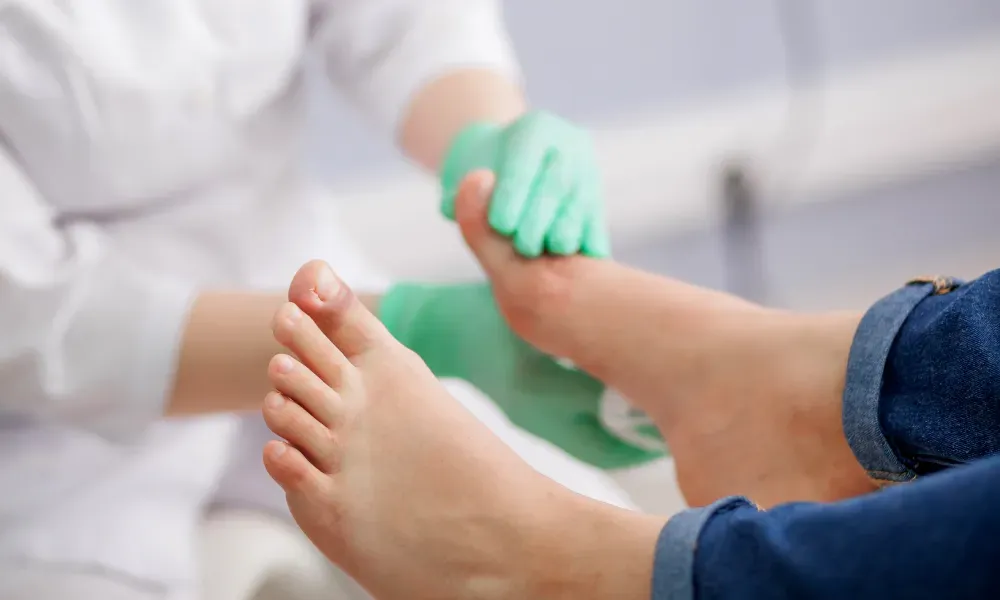For older adults receiving psychiatric care, Options Behavioral Health provides various therapeutic interventions within their senior inpatient program. Understanding these treatment components helps families and potential patients know what to expect from this specialized service.
According to the facility’s program materials, older adults “participate in a wide array of comprehensive therapies that are designed to educate them about their illnesses and treatment options.” These sessions provide opportunities to discuss concerns and stressors contributing to their current condition.
Group therapy forms an important part of treatment at the Indianapolis psychiatric hospital. The program materials note that “daily activities may include group or family therapy,” creating structured opportunities for therapeutic interaction with peers and loved ones.
Beyond traditional talk therapy, the senior program incorporates various therapeutic modalities. Program information identifies “art therapy, recreational activities, or substance abuse groups” as potential components of the daily schedule, offering diverse approaches to treatment.
The program emphasizes active participation, noting that “the more involved patients are in the unit activities, the greater their progress will likely be.” This engagement-focused approach encourages seniors to take an active role in their recovery process.
Throughout their stay at the behavioral health facility, seniors receive consistent medical oversight. The program states that “a psychiatrist will oversee your treatment, meeting with you on a regular basis in order to monitor your progress and provide medication monitoring so that any changes can be made if necessary.”
For seniors with co-occurring substance use disorders, Options Behavioral Health provides specialized treatment addressing both conditions. Program materials identify services for “senior adults struggling with a mental health disorder and/or a co-occurring addiction,” recognizing that some older adults face multiple treatment needs.
Family sessions may be incorporated into treatment when appropriate, with “family therapy” identified among the daily activities offered. The treatment center recognizes the importance of family involvement in supporting older adults through the recovery process and preparing for their return home.




